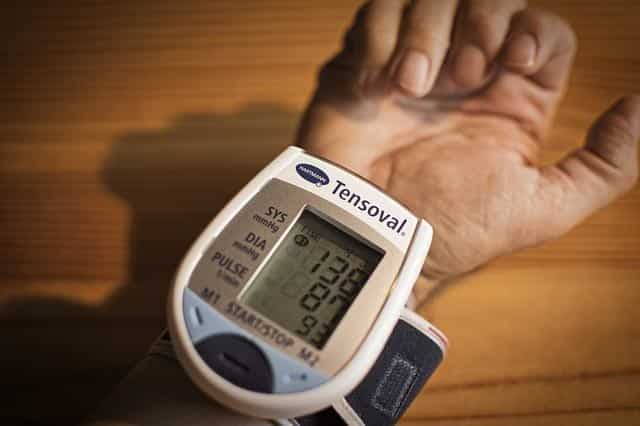
Cardiovascular diseases remain one of the leading causes of death worldwide.
This was reported by URA-Inform with reference to Getsurrey.
A recent study by the University of Sydney and the University College London has shown that even a minimal increase in daily activity can lead to significant reductions in blood pressure, helping to improve heart health.
The study involved 14,000 people from five countries who tracked their physical activity using devices worn on their feet.
Remarkably, just five extra minutes of exercise per day was associated with a reduction in blood pressure, specifically a 0.68 millimeters of mercury (mmHg) systolic and 0.54 mmHg diastolic reduction.
Such small lifestyle changes may offer affordable options for improving cardiovascular health, especially for people who cannot commit to longer or more intense exercise, the authors say. The study looked at a variety of activities, including sleeping, sitting, standing, slow walking, brisk walking and vigorous exercise.
The findings suggest that exercise, rather than less intense forms of movement, is key to lowering blood pressure, even if that exercise is as simple as climbing stairs or briskly walking home, according to Dr. Joanna Blodgett, the study's first author.
“Replacing just 20 minutes of inactivity with exercise resulted in even greater reductions in blood pressure, highlighting that the intensity and duration of physical activity matter,” the authors noted.
Recall that it was previously reported that dangerous signs of a weakened heart: what changes in the body you shouldn't ignore.

